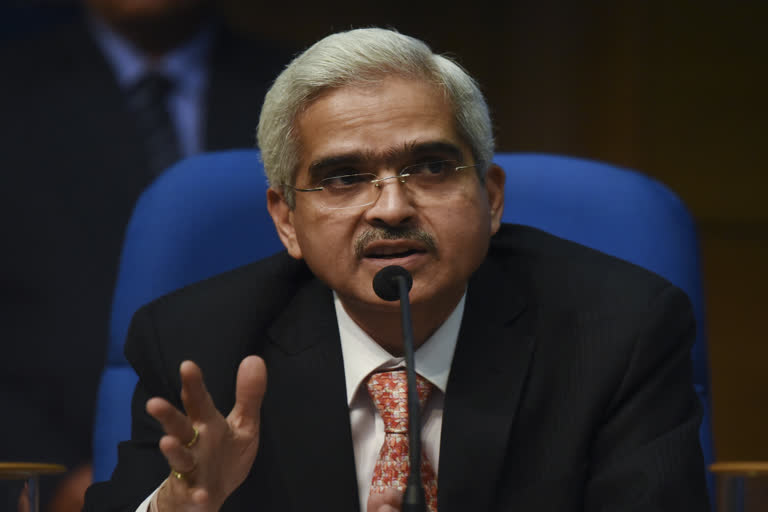Mumbai:Reserve Bank Governor Shaktikanta Das on Thursday asked banks to avoid extreme risk-aversion, terming it “self-defeating”, and also advised them to “smell vulnerabilities” in businesses early to avoid frauds, which have been growing lately.
He said the banking system continues to be sound and stable, but acknowledged that the COVID-19 crisis will lead to an erosion of capital for banks.
The remarks, made at a webinar by financial daily Business Standard, come at a time when credit growth has slowed down to under 6 per cent, leading many to wonder if the banks have become risk-averse because of concerns over asset quality.
The RBI annual report released earlier this week said frauds doubled to Rs 1.85 lakh crore in FY20.
“The risk management systems (of banks) should be sophisticated enough to smell vulnerabilities brewing within various businesses well in advance and should be dynamic enough to capture the looming risks in sync with changes in the external environment,” Das said.
“One visible area of concern in the arena of risk management is the inability or the ability to manage the incidence of frauds, both cyber related and otherwise,” he added.
Das said the higher incidence of frauds which have come to light in recent times have their origins in “not so efficient risk management capacity of the concerned banks both at the time of sanctioning the loans and also post-sanction credit monitoring”.
Das also trained his guns at the sluggish credit growth, warning banks that extreme risk aversion will be “self-defeating” which will deprive the banks of their income sources.
“It would create a situation where the banks will not be able to win their bread. In other words, it will impact their income also. Extreme risk-aversion is certainly not desirable,” he said.
The banks have to focus on governance, risk management, quality of decision-making and going forward building resilience, he added.
At the same event, Aditya Puri, head of largest private sector lender HDFC Bank, denied any aversion at his bank and pointed to the 20 per cent growth in core interest income it reported in the last quarter.
Read more:Stormy GST Council meet begins; states' revenue shortfall, compensation to be discussed
Das said there will be an impact on banks' capital base because of the impact of the ongoing pandemic, and reiterated his wishes from them of being forthcoming in capital raising.
“The current pandemic-related shock is likely to place greater pressures on the balance sheets of banks, leading to erosion of their capital. I am stating the obvious,” he said, clarifying that what is more important is how the banks proactively react and respond to this challenge.
Proactive capital raising can ensure credit flow and also boost the confidence of the investors and other stakeholders, Das said.
